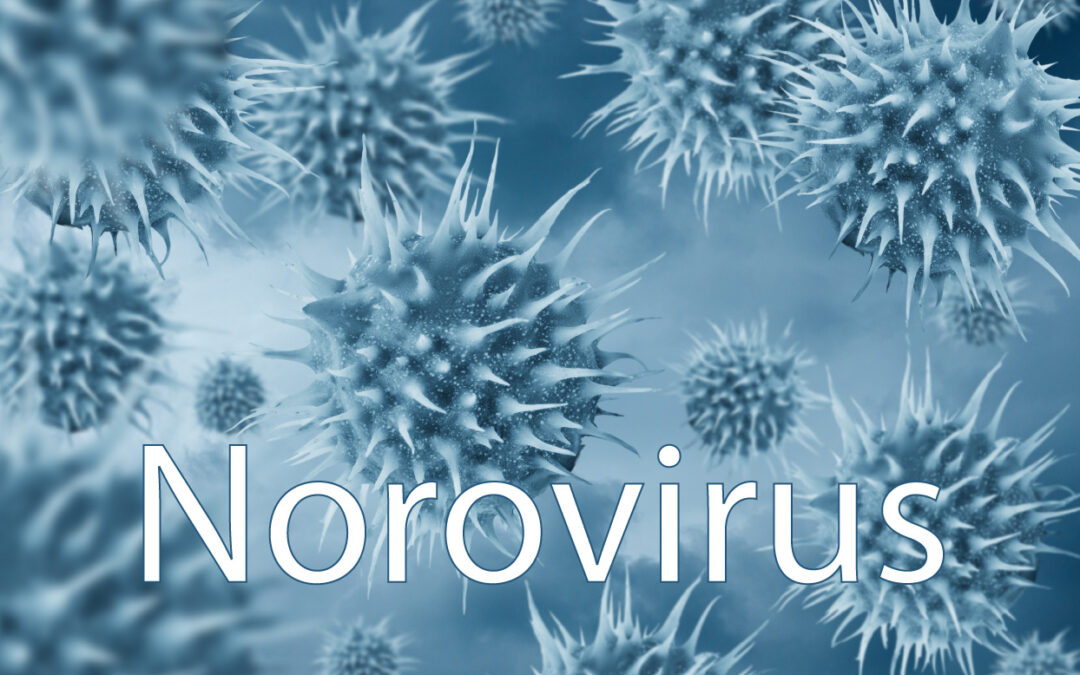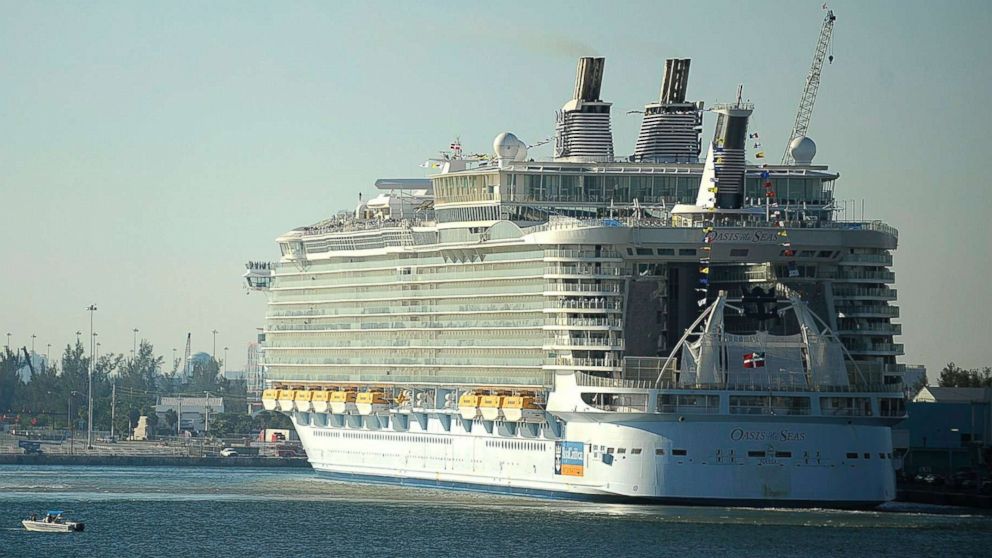There are more cases of norovirus on cruises. Know what visitors should be aware of
Despite an increase in norovirus occurrences on cruises, travellers shouldn’t necessarily become alarmed. This year, more than any other between 2017 and 2019, the Centres for Disease Control and Prevention has recorded 13 outbreaks aboard cruise ships that have reached the threshold for public notice.
The most recent incident happened in June while a Viking was sailing its Viking Neptune ship.
According to the CDC website, 110 out of the ship’s 838 passengers—more than 13% of all passengers—and 9 out of the 455 staff members reported becoming ill during the cruise. Their primary signs and symptoms included nausea, vomiting, and diarrhoea.
As with all other outbreaks in 2023, the public health organisation claimed that norovirus was the outbreak’s primary cause. Although norovirus is frequently connected to cruise ships, Ben Lopman, an epidemiology professor at Emory University’s Rollins School of Public Health, told USA TODAY in February that these outbreaks make up a “tiny minority of norovirus outbreaks,” with the vast majority occurring in nursing homes and other healthcare facilities.
 Describe the norovirus.
Describe the norovirus.
According to the CDC website, norovirus is a virus that causes diarrhoea and vomiting. People can contract the illness by direct contact with an infected person, drinking contaminated food or water, or putting their unwashed hands in their mouths after touching contaminated surfaces. Other norovirus symptoms can include fever, headache, body aches, nausea, and stomach pain. Because there are so many distinct forms of noroviruses, “you can get norovirus illness many times in your life,” the CDC stated on its website. It’s possible that a norovirus infection won’t stop you from getting another type. Although there is no specific medication to treat norovirus, the organisation suggests drinking plenty of water to avoid dehydration.
 Do norovirus outbreaks pose a risk to travellers?
Do norovirus outbreaks pose a risk to travellers?
But because of behavioural changes, travelling, especially internationally, increases the chance of catching diseases like norovirus.
“We interact with more people, different people, and eat different foods,” said Lopman. Additionally, we may be exposed to diseases, germs, and viruses that are less frequent in our native nations.
“The other thing is that they’re pretty easy to recognise on a cruise ship: people come together, people start getting sick, and we’ll see that there’s a cluster of cases,” Lopman continued in reference to cruise ships. That might not be the case, for instance, if everyone leaves the restaurant after eating tainted food and goes their separate ways to go home. Following the pandemic, norovirus cases on cruises also drastically decreased.
 How can tourists safeguard themselves?
How can tourists safeguard themselves?
According to Lopman, travellers can protect themselves by constantly washing their hands with soap and water. The best course of action, he advised, is to wash your hands with soap and water because alcohol-based hand sanitizers don’t work very well against norovirus.
Following the outbreak on the Viking Neptune, the cruise line and the crew took action, the CDC Vessel Sanitation Programme reported on its website. These actions included implementing more stringent cleaning and disinfection procedures “according to the ship’s outbreak prevention and response plan,” and sharing updates on the number of gastrointestinal illness cases with the programme twice a day.
The CDC advises cleaning produce carefully before boiling and cooking oysters and other shellfish until they reach a minimum internal temperature of 145 degrees. The FDA warned on its website that noroviruses are “relatively resistant to heat.” “They can withstand temperatures of up to 145 (degrees Fahrenheit). Quick steaming techniques, which are frequently used to prepare shellfish, might not heat food items sufficiently to eradicate noroviruses. Lopman also advised afflicted people to segregate themselves. The majority of individuals recover within three days, but he pointed out that even when they feel better, they can still be contagious, making hand washing particularly crucial.




